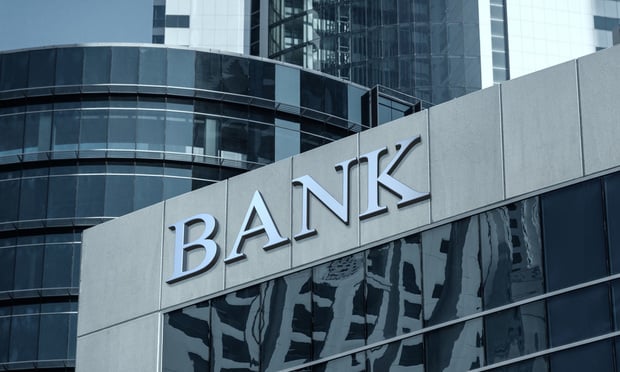The slide in shareholder equity did not come as a surprise toFannie Mae officials, nor has it prompted any big concerns. "As wehave said before, our shareholder equity and the FAS 133 componentof AOCI will move as interest rates rise and fall," Jayne Shontell,Fannie Mae senior vice president for investor relations, explainsin a prepared statement on the SEC report. AOCI is the accumulatedother compressive income, and FAS 133 is the Financial AccountingStandard No. 33.
During the first quarter, the five-year swap rate fell 50 basispoints, and the 10-year swap rate went down 42 basis points, thusthe stockholder equity decline. Other factors contributing to thenumbers for this quarter include a $172-million decline in reportednet interest income, and a $112-million drop in fee and otherincome.
"We continue to believe these changes in shareholder equity andthe FAS 133 component of AOCI do not provide a full picture of ourfinancial results because they reflect only a partial mark tomarket valuation of some of the hedging instruments we use tomanage risk," Shontell adds.
Continue Reading for Free
Register and gain access to:
- Breaking commercial real estate news and analysis, on-site and via our newsletters and custom alerts
- Educational webcasts, white papers, and ebooks from industry thought leaders
- Critical coverage of the property casualty insurance and financial advisory markets on our other ALM sites, PropertyCasualty360 and ThinkAdvisor
*May exclude premium content
Already have an account?
Sign In Now
© 2024 ALM Global, LLC, All Rights Reserved. Request academic re-use from www.copyright.com. All other uses, submit a request to [email protected]. For more information visit Asset & Logo Licensing.








